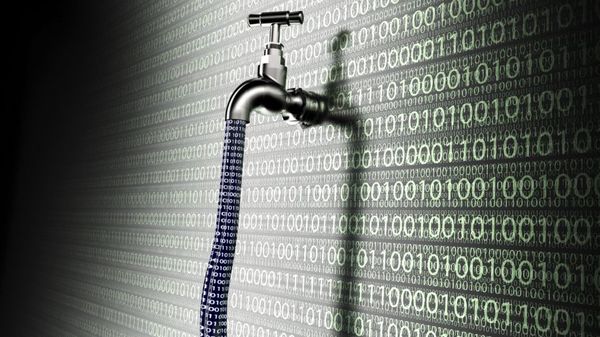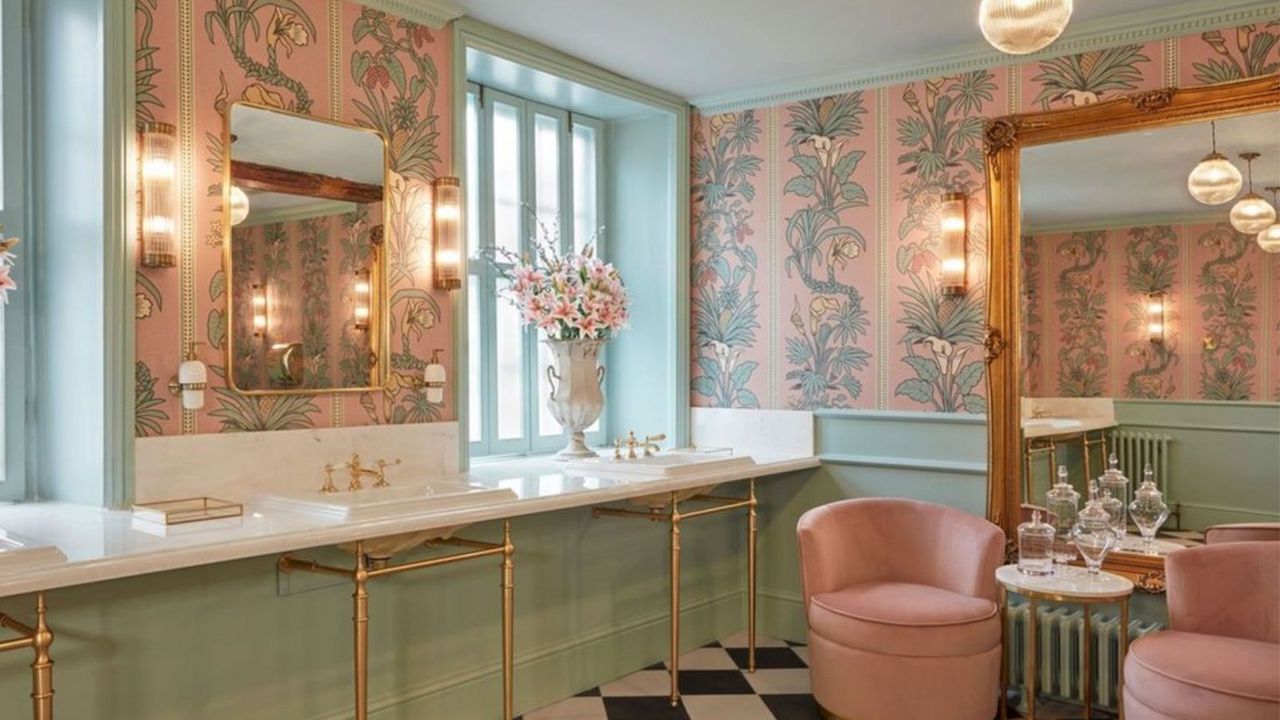
My linen closet is a complete jumble of sheets, towels, and toiletries, so ahead of hosting for the first time this holiday season, I tried the Functional Elimination method in a bid to organize it.
This practical approach to streamlining is, experts say, perfect for practical storage areas, such as linen closets, cutting the decision process down to just one question: 'Does it serve a clear and current purpose?'
Here's why it worked, how to use it yourself, and why the organizing pros recommend this helpful decluttering method for those times you need to make a difference, quickly.
What Is The Functional Elimination Method?
Similar to the value-based decluttering method, you simply ask yourself if an item serves a clear purpose right now. Not if it will serve a purpose in a few years, or if it has been in the past. This helps to determine what is functional and what is fluff.
'If the answer is no, why are we keeping it?' Kimberly Cheeseman, professional home organizer and owner of Orderly At The Store says. 'The Functional Elimination method is one of the most effective ways to simplify a home. It is especially useful in practical spaces like garages, where things tend to pile up just in case.'
Why the Functional Elimination Method Works
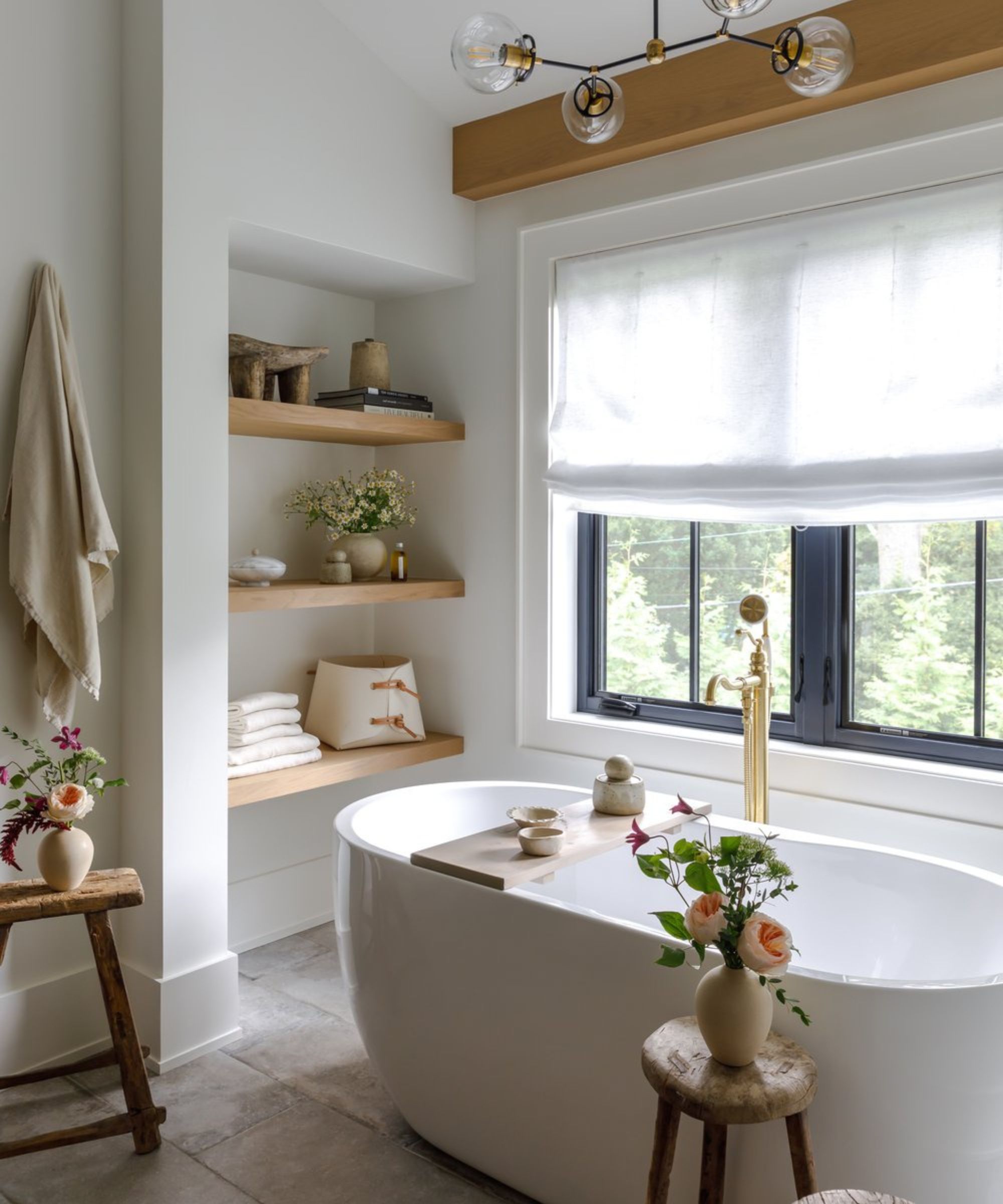
The Functional Elimination method is the perfect decluttering trick, no matter if you are preparing well ahead of hosting like I am, or if you are getting a home guest ready in under one hour.
It works because it does away with 'maybe' piles and breaks the 'someday syndrome' cycle, adds Cathy Orr, pro organizer and co-founder at The Uncluttered Life.
She explains, 'Someday Syndrome is a huge decluttering obstacle for a lot of people. They think they might need an item “someday” and, for that reason, hold on to it. But, as they say, “Someday" never comes. I am ruthless in my decluttering,' she shares. 'That’s because I use the “Functional Elimination Method” on an ongoing basis.'
The method is great for those of us who need to reduce mental load, as it takes the emotion out of the decision, Cathy continues. 'It makes the decision more logical and concrete based on truth rather than on guilt or emotion. That’s why this form of decluttering is so effective. You’ll see that you need much less than you think you do.'
It works so well when organizing a linen closet because you are unlikely to have many sentimental items stashed away that need more careful consideration. Rather, it is usually stuffed with items we keep 'just in case', such as small travel toiletries or sample products.
By asking what serves a purpose right now, you can quickly cut out all of the old towels and sheets that might have seen better days, and those tiny free guest products you took home from your last hotel stay.
My Verdict

Armed with nothing but two trash bags from Walmart to stash items that I needed to donate or trash, I started by emptying my linen closet. Employing the chaos decluttering method meant that I had to decide on every item in the closet before putting it away again
When asking if an item served a current purpose, I set a few parameters to avoid getting rid of genuine essentials. At the time of testing the method, my travel-sized toiletries didn't serve an immediate purpose. However, I knew that they would be in a few weeks when I go on vacation, so they stayed. To cut some of the clutter, I asked myself if the item would serve a purpose if I were packing for my trip at that moment. If no (and unopened), it went in the donate bag.
It was amazing how easily this method reduced decision fatigue, especially when dealing with towels and bed linens that were usually shoved to the back in favor of fresher sets. It was a super simple way to transform my tiny linen closet.
Overall, this brutal 5-second decluttering rule is perfect for quick pre-holiday prepwork, and gets a 10/10 from me and the experts.
Where Else This Method Works
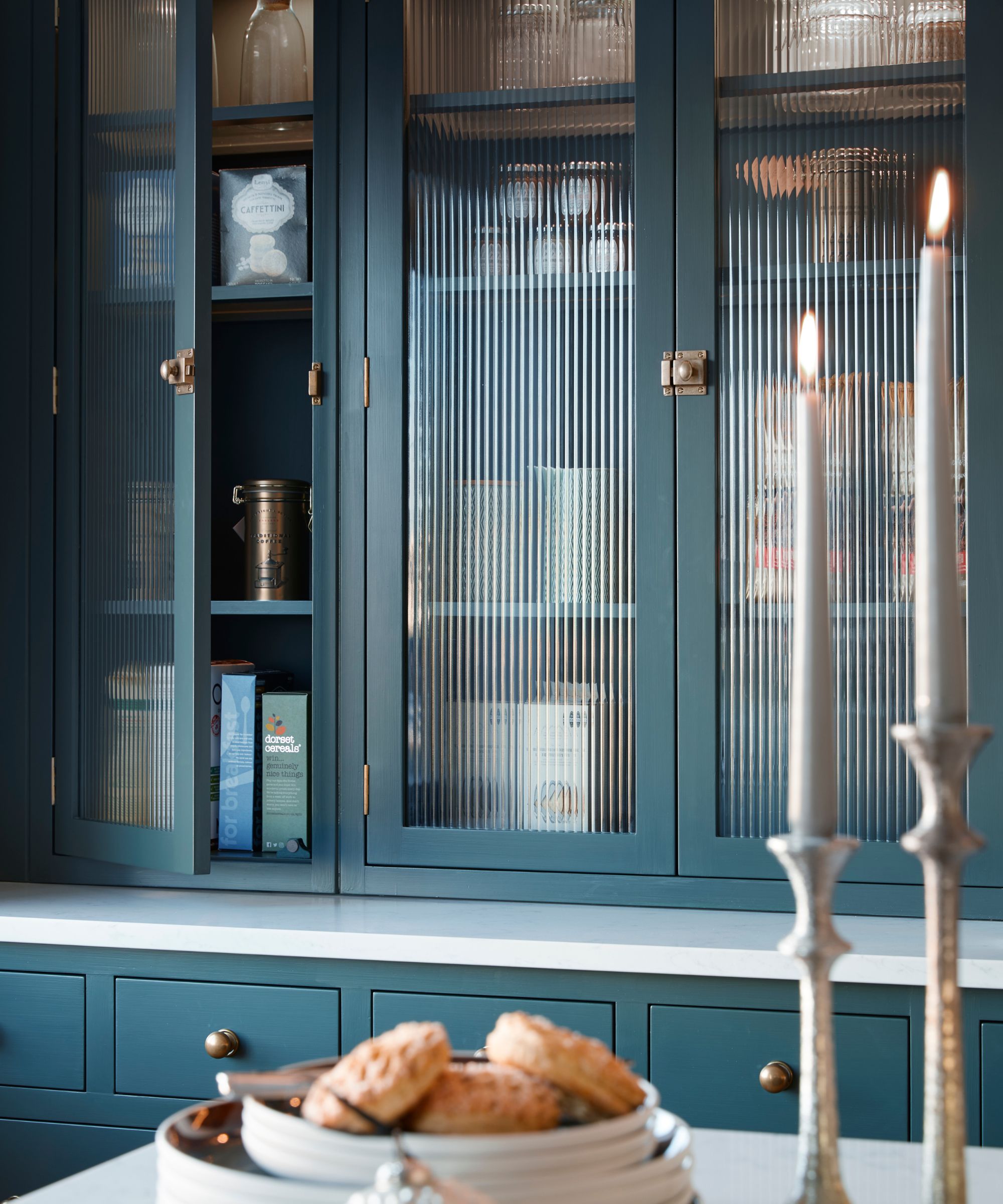
Because of the rapid decision-making and ruthless approach, the Functional Elimination method works best for practical spaces around the home, such as organizing a basement, organizing a pantry, or decluttering a bathroom, among others. It may not be the best approach when decluttering sentimental items, where a more considered approach can help to avoid decluttering regret.
The trick, regardless of where you use the Functional Elimination method, is to work one area at a time, suggests Amanda Rivera, professional organizer and owner of Tidy Red. 'Take all of the items out within that area to categorize and sort, and then present them to the clients to go over one item at a time to see what they want to keep/remove within their space. I believe every single item in your house should have a place and a purpose, and if it doesn’t have either, then you need to be realistic with your expectations as to what your next steps are.'
If you find the mess of 'take everything out' decluttering techniques stressful, delve into professional organizer Dana White's 5-Day Clutter Shakedown, which brings only streamlining progress and not any messy piles you'll have to deal with.
What to Shop
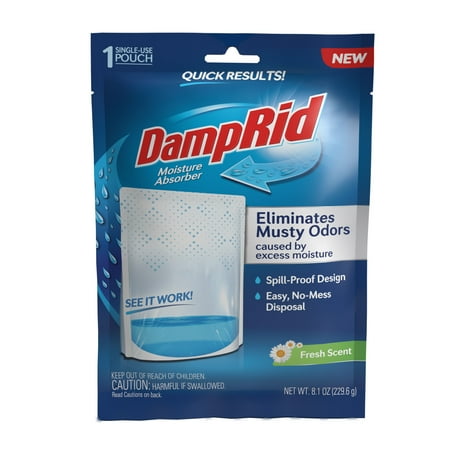
Bathroom storage is prone to damp and musty smells. These single moisture-absorbing pouches can help prevent mold and keep items safe between uses.
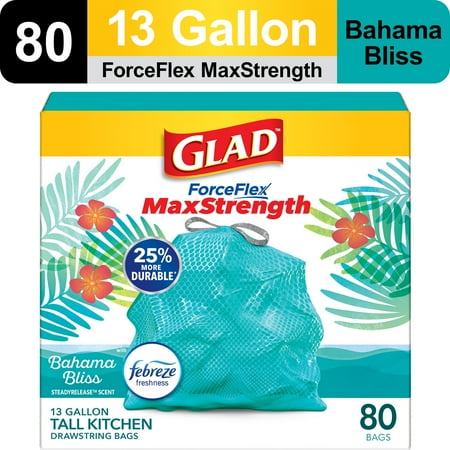
Trash bags are some of the cheapest decluttering tools, making it simple to implement the box method, establishing piles for donate, trash, and sell, and making it easier to remove the items from your home afterwards.

Measuring 8x10x11 inches, these handwoven water hyacinth baskets are ideal for drop zones, shelves, and cabinets. The open tops make them perfect for bathrooms to allow items to breathe and permit easy access.
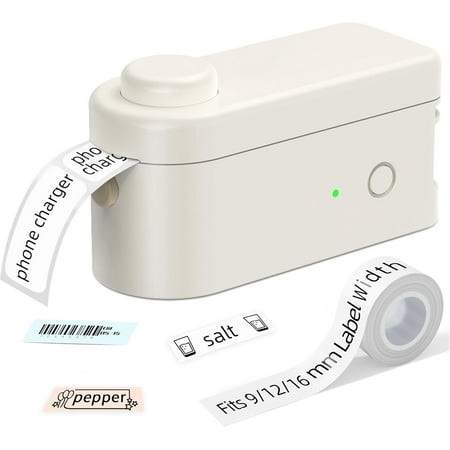
Labelling your bathroom storage makes it easy for both family and guests to find what they need should an item run out.
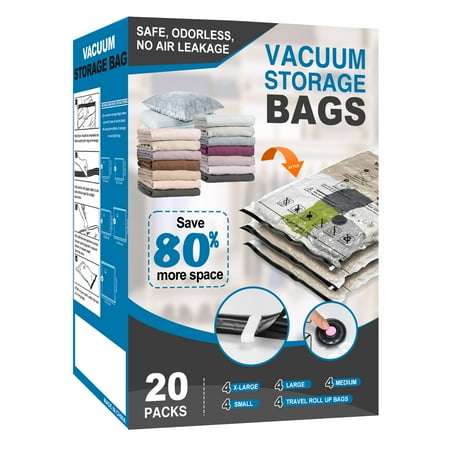
Vacuum storage bags are ideal for seasonal storage, keeping towels and seasonal bed linen safe from moisture and debris whilst reducing the volume of space needed.
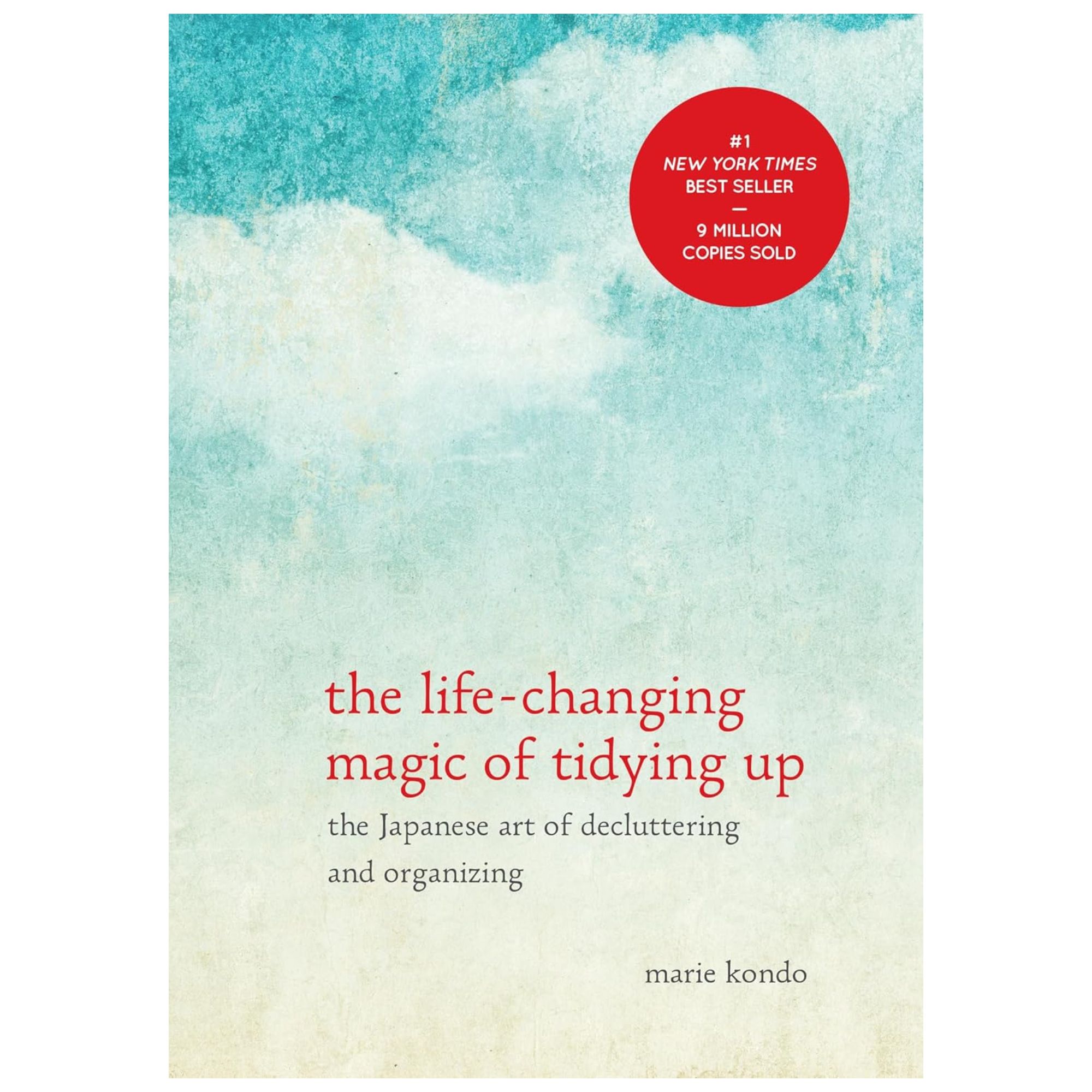
This bestselling book packs so much information into a mere 200 pages, in a readable and digestible format that's accessible to all readers of all ages.
Meet the Experts
Prefer a more laid-back approach to tackling clutter? Try slow decluttering instead.





